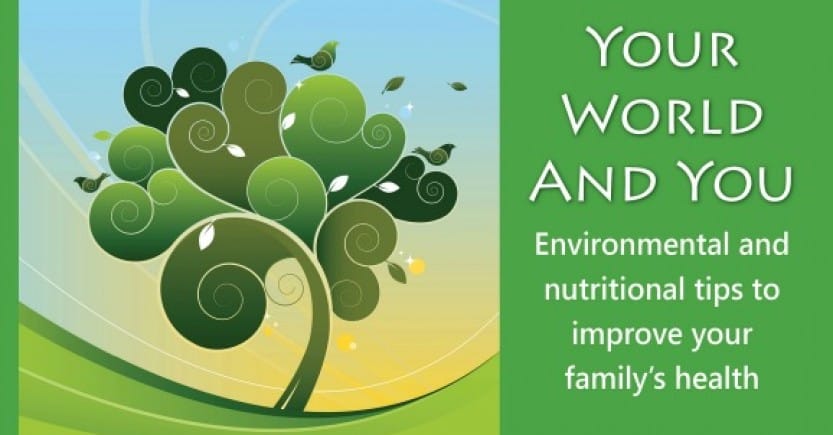Depression: Prevention and Treatment
Depression results from a combination of genetics, lifestyle, and environmental factors.
In general, lifestyle changes that may help avoid depressive periods include: staying engaged with others (the right support group can be valuable); taking advantage of habits such as journaling, time management, reducing stress, and exercise. Taking care of yourself with proper foods and adequate sleep is also important.
Exposure to toxins, scented products, and allergens have been known to play a role in some cases of depression. Food allergies or sensitivities and digestive problems (along with candida overgrowth) have also been linked to depression.
When treatment is needed, standard approaches focus on anti-depressants: 1) selective serotonin reuptake inhibitors; 2) serotonin and norepinephrine reuptake inhibitors; 3) norepinephrine and dopamine reuptake inhibitors; and 4) atypical antidepressants. Each of these has negative side-effects that many seek to avoid.
For non-drug or natural therapies that may help in depression, please see our article Integrative Therapies for Depression.
There’s not one single answer for depression, so be prepared to work with a healthcare provider to find the approach that is best for you.
.




.
Related articles are shown below. If you don’t find what you’re looking for, you can search using the box at the upper right of the page or browse our forums.
Environmental and Nutritional Tips to Improve Your Family’s Health This feature highlights reports, studies, and feedback from families on efforts that can make a positive impact in our quest for health. Topics we cover in this […]
Take advantage of this fascinating 30-minute interview with William Walsh, PhD from Bulletproof Executive Radio, one of the top ranked Podcasts in Fitness and Nutrition on iTunes. Dr. Walsh describes his work in engineering human […]
Use of common antidepressants can have numerous side effects. New research published in Pediatrics shows that taking selective serotonin reuptake inhibitors (SSRIs) during pregnancy increases the risk of having a child with autism or developmental delays. Examples of popular […]
Did you know you can order a test to determine your vitamin D level at home? Or order a kit to send results obtained at home to a lab for processing? The Vitamin D Council, […]
Teens with a history of concussions are more than three times as likely to suffer from depression as teens who have never had a concussion, finds a new study in the Journal of Adolescent Health. “What […]
Meditation shares something with exercise: It takes discipline to get started, but once a consistent habit is established it can be very rewarding. In addition to the spiritual benefits of meditation, changes take place in […]
Millions of women suffer from depression. When a woman is depressed during pregnancy, the risk for birth difficulties and other complications increases. However, the use of standard antidepressant medications also poses risks for pregnant and […]
Several natural approaches can be tried to help reduce symptoms of depression. For the best results, however, it is important to first determine the underlying cause of the depression. Not only are there different types of depression, […]












